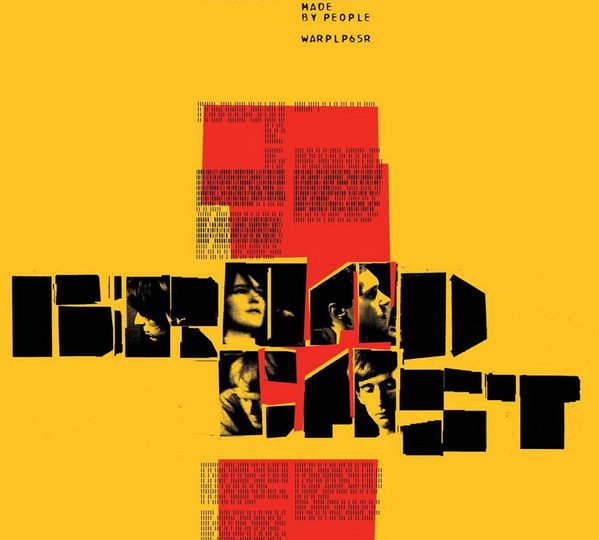
Broadcast – The Noise Made By People (20th Anniversary)
Released on March 20, 2000, Broadcast’s cinematic debut The Noise Made By People is a song cycle which tiptoes on a delicate balance between the labyrinthine contours of electronic experimentation (this is Warp records, of course) and the crystalline elegance of film scores (especially the swinging basslines and jazzy percussion of the ’60s.) And, most importantly, floating above this space laboratory, is the ethereal siren Trish Keenan, whose incantatory verses border on the abstract and resemble lucid dreaming in their thin line between awake and asleep.
“Long Was The Year” begins in the abysmal midnight of winter. It’s the end of the wheel, but it’s also another turning. “You’re like the snow” & “Be like the sun, never gone” are point-counterpoint. It’s dark in here. There’s a light somewhere.
“Unchanging Window” is an opening in this enclosing chaotic womb. “Attention senses,” Trish once again commands, her voice altered to sound robotic. Then it becomes organic as she reflects on the sky and the ceaseless drift of the wind. There’s a sense of openness. There’s always a shadow on the other side of the scale, though. “Snatch the breath before it sings.” This phrase is especially haunting in the wake of her tragic early death (at age 42 on January 14, 2011.)
“Minus One” is a mad scientist instrumental which segues into the single of the album, its most accessible moment–“Come On Let’s Go”. Hypnotic and inviting while still mysterious and melancholy, Trish sings an immortal pop refrain for the anonymous age of the Internet. “You won’t find it by yourself / You’re gonna need some help / And you won’t fail with me around / Come on let’s go / I will tell you if you change / And who’s been saying things / It’s hard to tell who is real in here / Come on let’s go / You know who to turn to / Now everything’s changed / Come on let’s go / Stop looking for answers / In everyone’s face / Come on let’s go / What’s the point in wasting time / On people that you’ll never know / Come on let’s go.“
This song seems to capture the phenomenon of online social media and its disjointed communication more aptly than any other.
“Echo’s Answer” is Trish bidding you goodnight and ushering you into the abode of sleep. The textures of the keyboard are silver ebb and flow surrounding your drowsy consciousness and impelling it towards that deja vu state of mind.
“Tower of Our Tuning” is another dark and circular instrumental which spirals ever downward, leading into the second half of the album where hazy recollections are exchanged for looming lost loves and vast empty cities.
“Papercuts” is a Romantic song, albeit far from conventional. Trish eyes the listener with a thousand-yard stare, as the last lights go out at the gathering and she reads the secrets of your diary and your mind.
“You Can Fall” carries this marble glare further as she dismisses those in society who act snidely superior and notes, karmically, that you, too, can fall.
“Look Outside” finally cracks the windows, shutters, gates, and closed doors, the submerged and repressed emotions, and lets them loose in an ever whirling guitar/organ whirlpool in which souls meet in cathartic crises.
“Until Then” is the aftermath of this glassy blur – it’s a psychotherapy session at its most fractured and intense.
“City In Progress” is the most abstract moment of the album as the focus moves from the isolation of the individual and the distance between one-on-one relating and groupthink to the engulfing experience of postmodern civilization itself.
“Dead The Long Year” returns us to the infinite void with a cinematic instrumental containing echoes of Delia Derbyshire and the United States of America. The midnight train leaves the city in progress for a new frontier, destination unknown.
by Mark Lager
